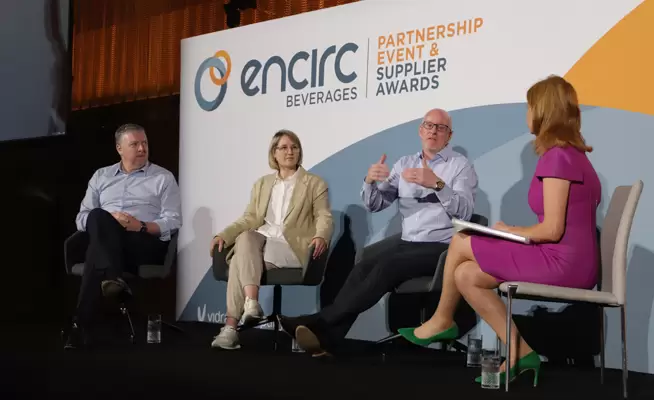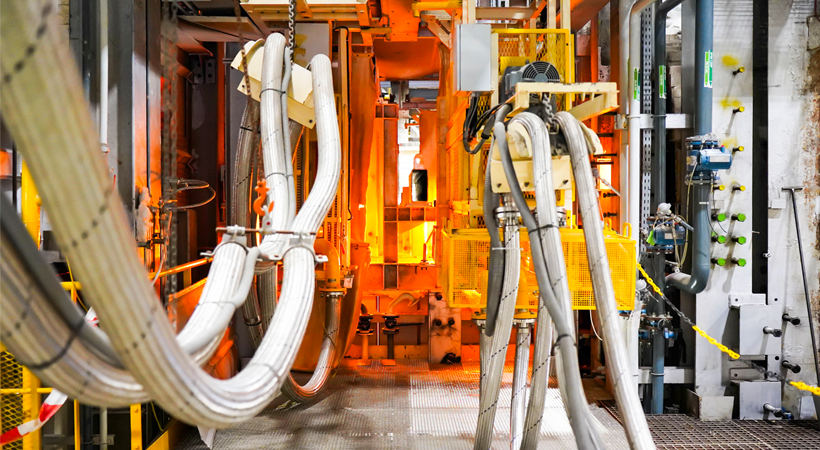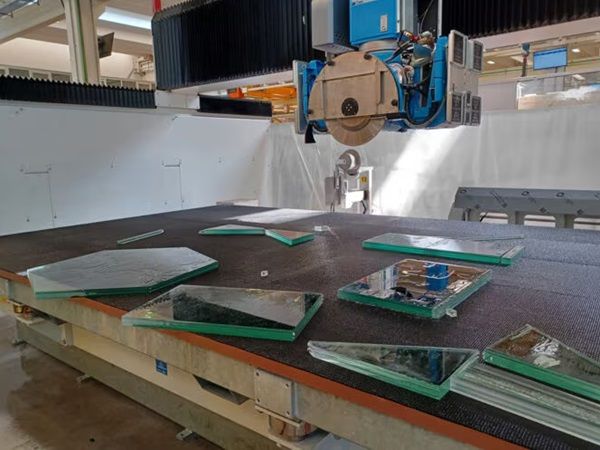Davide Cappellino, Chairman of Glass for Europe, highlighted the urgent need for the flat glass industry to focus on decarbonisation in an opinion piece published in Euractiv.
His article, entitled “Time for the flat glass industry’s decarbonisation efforts to pay off,” draws attention to the significant challenges currently facing the sector and underscores the solutions necessary to accelerate its decarbonisation while maintaining competitiveness.
The backdrop of this discussion is framed by Mario Draghi’s recent report on the Future of European Competitiveness, which asserts that the European Union can successfully navigate its decarbonisation journey while preserving the competitive edge of its industry. However, achieving this dual goal hinges on the EU making fundamental choices in policy and support, a sentiment echoed by Cappellino in his op-ed. The stark reality for the flat glass industry is grim; as Cappellino notes, “2023 saw our sector’s worst year on record, below that of even the COVID-19 pandemic or 2013 crisis.” Despite these challenges, the commitment to meet emission reduction targets remains strong, but realizing this ambition will require swift and decisive action from policymakers.
Currently, the flat glass industry in Europe grapples with several pressing issues, including elevated energy prices that surpass those in the global market, a limited demand for lower carbon glass, and an influx of imports in critical segments such as automotive glass. The promises encapsulated in the European Green Deal have yet to fully materialize, leaving many in the industry apprehensive about the future. While some of these concerns appear to be on the European Commission’s agenda, it remains uncertain how effectively they will be addressed in practice.
Cappellino emphasizes the priorities outlined in the Glass for Europe 2024-2029 Manifesto, which aims to guide the industry through this challenging landscape. These priorities include:
1. Maintaining and Strengthening Europe’s Industrial Base – Ensuring that the domestic manufacturing capacity remains robust is essential for both economic stability and sustainability.
2. Significantly Boosting Window Replacement – This initiative is crucial for improving energy efficiency in buildings, thereby reducing overall emissions.
3. Properly Supporting Energy and Carbon Efficiency in Industrial Processes – Investing in cleaner technologies and practices can lead to substantial reductions in carbon footprints.
4. Incentivizing the Recycling of Old Glazing – Enhancing recycling efforts will minimize waste and promote a circular economy within the glass industry.
As the European Commission gears up for action in the coming months, particularly with the anticipated Clean Industrial Deal expected within the first 100 days of its mandate, clarity regarding its approach will be vital. Glass for Europe is poised to actively contribute to this critical debate, advocating for measures that will not only support the flat glass industry but also align with broader goals of sustainable growth and environmental responsibility.
In conclusion, Cappellino’s op-ed serves as a clarion call for the flat glass industry and EU policymakers to work collaboratively towards a decarbonised future. By addressing economic and environmental concerns together, there lies a promising opportunity to revitalize this sector while committing to the urgent goal of a sustainable and competitive European economy. The time for action is now; the efficacy of our future depends on the decisions we make today.
Source:Glass for Europe with additional information added by GlassBalkan







